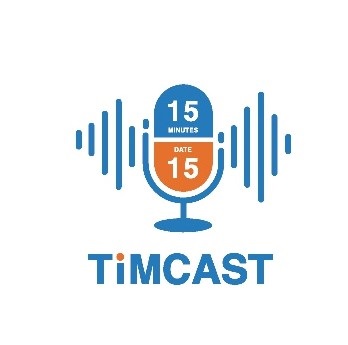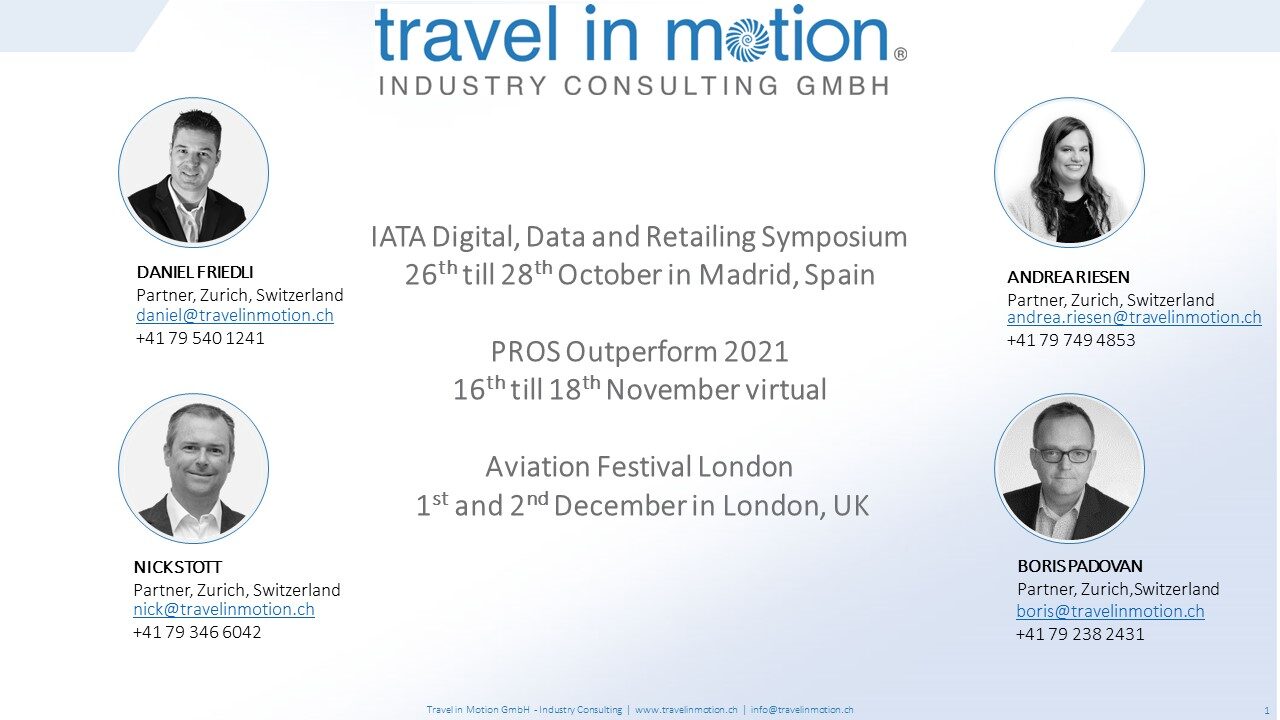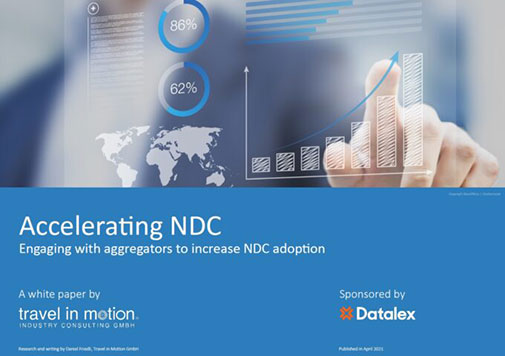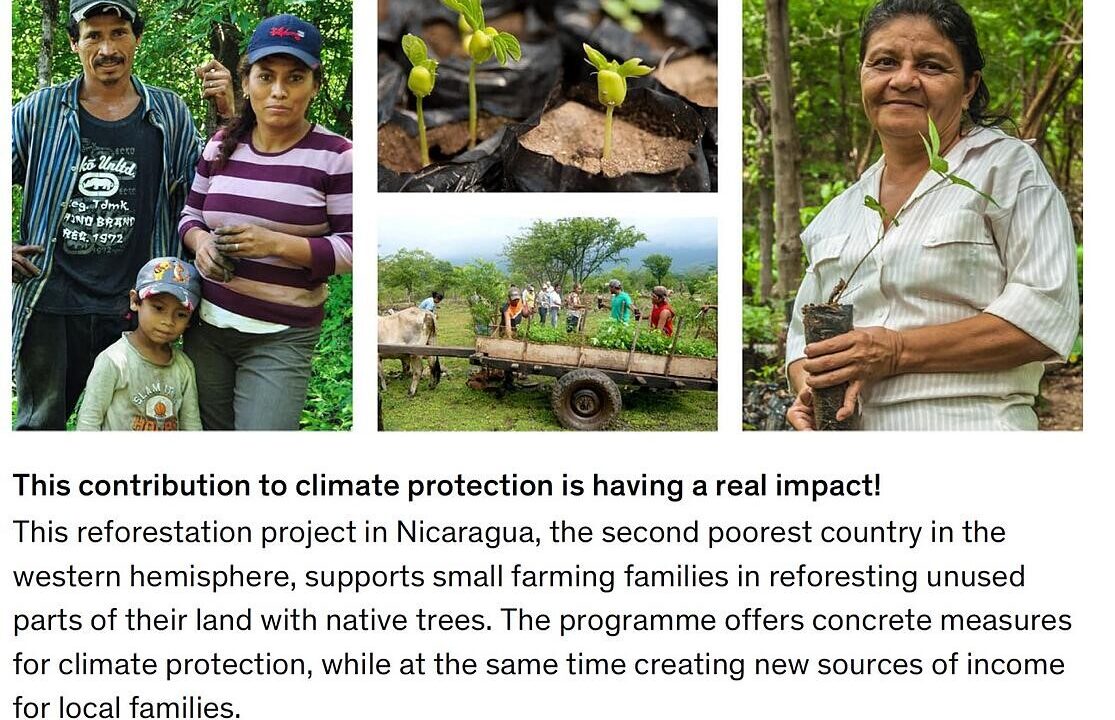Putting the (NDC) cart before the (distribution) horse
Even though NDC has been around for several years, there are still many airlines either planning an implementation, just starting an implementation, or expanding a basic implementation to a higher level of functional maturity. NDC can change an airline’s distribution opportunities considerably and is much more than a technology project around API integration. It is very much about the opportunity to make relevant offers to the customers, sell more and better-suited ancillaries, potentially implement new pricing concepts in the indirect channel and controlling the offer and the order.
A common criticism, especially from travel agencies, is that NDC provides no added value and differentiation, but rather only leads to higher complexity. This criticism is fair in some cases, as a lot of airlines still barely differentiate the content distributed via NDC, providing largely the same products and services to the same conditions as in traditional GDS distribution. There are basically three reasons why that may be the case; it could be that the airline lacks a clear strategy on how to serve the NDC channel, the airline is constrained in their distribution via NDC by existing distribution contracts, or they may have a strategy, however, do not yet have the necessary systems and business process in place to execute the strategy. In many cases, it is a combination of all of them.
When an airline goes down the NDC route, its GDS contracts are often neglected, as is the overarching distribution strategy. The effects that these both have on an airline’s NDC strategy and the underlying system capabilities to fulfil the strategy is, however, critical. It is strongly recommended to not look at these in isolation, but with a holistic view on distribution, optimally combined with the direct distribution strategy as well. Often, NDC is implemented without much thought of the GDS contracts and the airline’s ecommerce strategy. This will typically not lead to a satisfying level of NDC adoption nor to happy agencies, as the content or functionality will not meet their expectations.
The challenge with all of this is that the GDS contracts are often dated, complex and difficult to understand. They are managed in a different department or have been recently renewed in a disconnect from the NDC team and cannot be changed in the short term. Often however, the GDS distribution contracts are simply not considered when creating an NDC strategy. In fact, airlines have in some cases implemented NDC with no holistic strategy at all, focusing on an initial technical implementation first with the idea to align it to distribution at a later stage.
Based on our experience working with airlines on distribution strategy and negotiation, as well as the NDC adoption engagements, we believe that it is key to view distribution as the combination of all channels, considering the constraints, opportunities, strengths, and weaknesses of each one of these channels. As a first step, the overall distribution strategy must be reviewed and potentially adapted to the new situation and capabilities that NDC has to offer. Then, it is key that the existing distribution contracts (primarily including the airline’s GDS contracts) be taken into consideration. The key elements in the contracts to be reviewed in this context are:
- The definition of content and the differentiation between legacy or traditional content versus NDC technology or NDC content
- The definition of channels, and potential differentiation of definition of these channels between home markets and other markets
- The permitted freedom (or lack thereof) to vary content depending on distribution technology, distribution channel – and all of this potentially by market
- The definition and scope of parity and non-discrimination commitments, and what this means for distribution via NDC based on the topics outlined in the bullets above
- The contract language related to the provision of technology solutions and who is responsible for these. Additionally, if there are additional costs and responsibilities on the airline to ensure the GDS is technologically capable of a given distribution technology. In this context, it is suggested to also review the lead times for the implementation of new features and functions, and any restrictions related thereto.
In summary, it must be said that an airline’s approach to NDC, be it with a full-blown NDC strategy or merely with a plan to implement basic NDC, should always be planned with full knowledge of the airline’s obligations and freedoms in its GDS contracts, including any required changes for the next round of GDS negotiations. Optimally, the airline will carefully analyse the existing distribution contracts for any restrictions or opportunities to be exploited. For each contract, all key characteristics must be compared to each other to identify the most restrictive paragraphs in each, and the effect these will have on the NDC strategy. Just as important however, when renegotiating GDS contracts, is ensuring that NDC is an integral part of those considerations. Creating a negotiation strategy or approach for the distribution contracts can help, even if these are not yet up for renewal. Defining what the airline should and could do in the future to ensure these two distribution paths share common goals and enable the airline to meet the needs of the agencies as well as the airline’s own distribution needs.
Putting the distribution horse in front of the NDC cart will enable an airline to reach higher levels of NDC adoption, have more distribution freedom and address the travel agency, travel management company and corporate buyer needs better.
This post has been published in collaboration with Terrapinn.
(Daniel Friedli, 5. May 2022 * Photo by Erik Odiin via Unsplash)
 |
If you are interested in a deeper discussion about this topic: Listen to our latest TiMCAST 15 on 15 further reviewing on how to embed NDC into an overall distribution strategy. |










